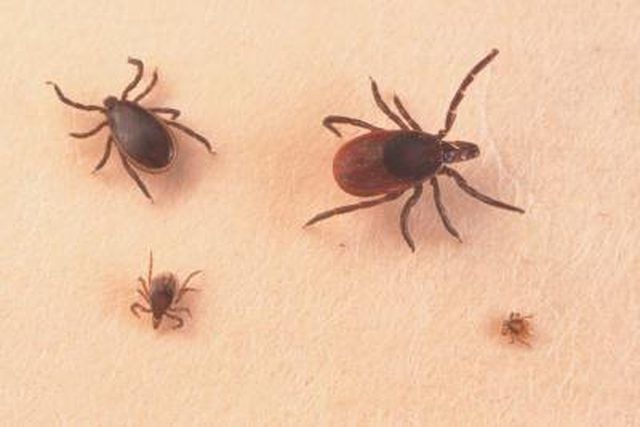Bulbs
Flower Basics
Flower Beds & Specialty Gardens
Flower Garden
Garden Furniture
Garden Gnomes
Garden Seeds
Garden Sheds
Garden Statues
Garden Tools & Supplies
Gardening Basics
Green & Organic
Groundcovers & Vines
Growing Annuals
Growing Basil
Growing Beans
Growing Berries
Growing Blueberries
Growing Cactus
Growing Corn
Growing Cotton
Growing Edibles
Growing Flowers
Growing Garlic
Growing Grapes
Growing Grass
Growing Herbs
Growing Jasmine
Growing Mint
Growing Mushrooms
Orchids
Growing Peanuts
Growing Perennials
Growing Plants
Growing Rosemary
Growing Roses
Growing Strawberries
Growing Sunflowers
Growing Thyme
Growing Tomatoes
Growing Tulips
Growing Vegetables
Herb Basics
Herb Garden
Indoor Growing
Landscaping Basics
Landscaping Patios
Landscaping Plants
Landscaping Shrubs
Landscaping Trees
Landscaping Walks & Pathways
Lawn Basics
Lawn Maintenance
Lawn Mowers
Lawn Ornaments
Lawn Planting
Lawn Tools
Outdoor Growing
Overall Landscape Planning
Pests, Weeds & Problems
Plant Basics
Rock Garden
Rose Garden
Shrubs
Soil
Specialty Gardens
Trees
Vegetable Garden
Yard Maintenance
How to Fight Ticks Successfully
How to Fight Ticks Successfully. Tick bites can occasionally transmit disease, such as ehrlichiosis and Lyme disease. To fight ticks successfully and prevent bites, alter your environment to discourage them from inhabiting the area. If you have pets, treat them with a repellent specially formulated for ticks. Ticks do not survive long without a...

Tick bites can occasionally transmit disease, such as ehrlichiosis and Lyme disease. To fight ticks successfully and prevent bites, alter your environment to discourage them from inhabiting the area. If you have pets, treat them with a repellent specially formulated for ticks. Ticks do not survive long without a host; they are ectoparasites. Preventing them from attaching to a host can help keep them out of your home. In addition to modifying your environment, cover your exposed skin and use a tick repellent when you go outdoors.
Things You'll Need
Pet shampoo
Pesticide
Pants
Long-sleeves shirt
Permethrin repellent
DEET repellent
Protect Your Environment
Remove firewood stacks, leaf piles, brush and other excess vegetation from your yard and the surrounding area to discourage ticks from inhabiting your yard.
Trim your grass every week and remove the cut grass promptly. Ticks prefer areas with tall grass.
Bathe any pets that go outside with a shampoo that contains an arcaricide pesticide. Only use a shampoo that is labeled for pets.
Treat the tick-infested areas of your yard with an arcaricide labeled for use over a wide area of grass. Some arcaricides are only labeled for perimeter treatment. Spray your yard with pesticide once in the early spring. Cover any areas where woods or areas of thicker vegetation border your yard. Avoid spraying gardens.
Protect Your Clothing and Skin
Wear long pants when going outdoors and tuck the ends into your shoes, and wear a long-sleeved shirt. Select light-colored clothing so that you will see ticks on your clothes more readily.
Spray the outside of your clothing with a permethrin-based repellent. Do not allow this pesticide to touch your skin.
Spray a tick repellent that contains DEET on your exposed skin. Ensure that the repellent you select is safe for use on skin.
Tips & Warnings
Check yourself and your pets thoroughly for ticks after spending time outdoors.
Remove bird feeders and bird baths from your yard in the summer. Birds can transport ticks into the area.
Discourage raccoons and other wildlife from carrying ticks to your yard by keeping your garbage lids on tightly.